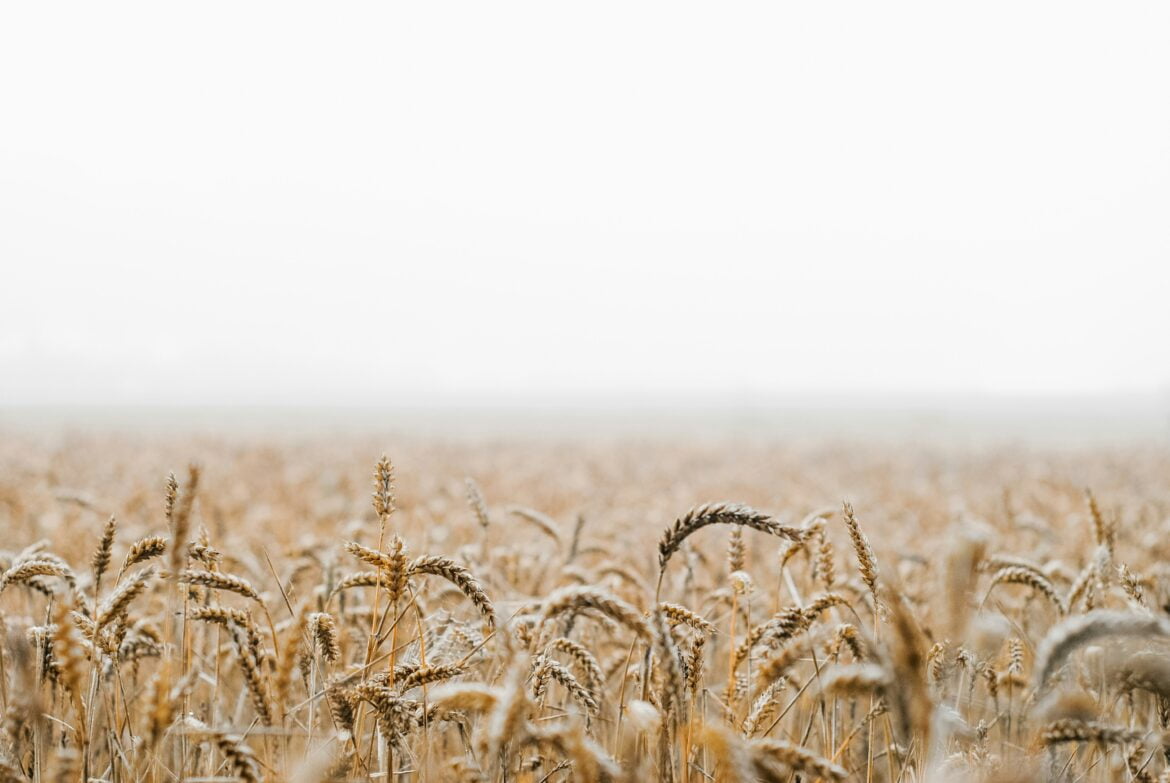AgriFood Growth & Water Abundance (AGWA), Abu Dhabi’s new food and water cluster, has announced it is teaming up with five of the UAE capital’s leading universities and technology enablers …
food security
-
-
GreenCorp has announced that it has acquired Emad Bakeries, an industrial bakery in Jeddah, Saudi Arabia, strengthening its food-focused investment platform within the GCC. Gulf Islamic Investments (GII) created Green …
-
Bahrain Real Estate Investment Company (Edamah), the real estate arm of the Kingdom’s sovereign wealth fund, Bahrain Mumtalakat Holding Company (Mumtalakat), has announced a strategic partnership with Badia Farms, which …
-
Majid Al Futtaim is expanding its food rescue programme ‘Feed the Future’ for Ramadan. The company will leverage brands across its business to reduce food waste and manage surplus. It …
-
ne’ma, the UAE National Food Loss and Waste Initiative, has announced the launch of its nationwide Ramadan campaign, “Count Your ne’ ma.” The initiative aims to raise awareness and encourage …
-
Dubai Municipality has launched ‘Dubai’s Best Homegrown Produce Competition’, an initiative aimed at supporting citizen farmers and promoting local agriculture to increase local production and enhance food security in the …
-
The International Center for Biosaline Agriculture (ICBA) recently held a ceremony at its headquarters to celebrate International Women’s Day and the graduation of the third cohort of fellows of the …
-
In recent years, food production and availability challenges have multiplied in the MENA, driven by a number of crises. Climate change, the COVID-19 pandemic, and the Russia-Ukraine war have all …
-
Non-profit organisation The Saudi Food Bank (Et’aam) is partnering with Kiri, a part of the Bel Group, for the “Iftar fast breaking program,” a Ramadan initiative. This year, it will …




